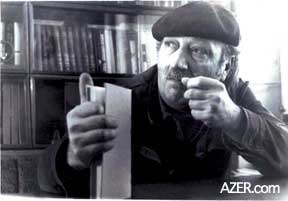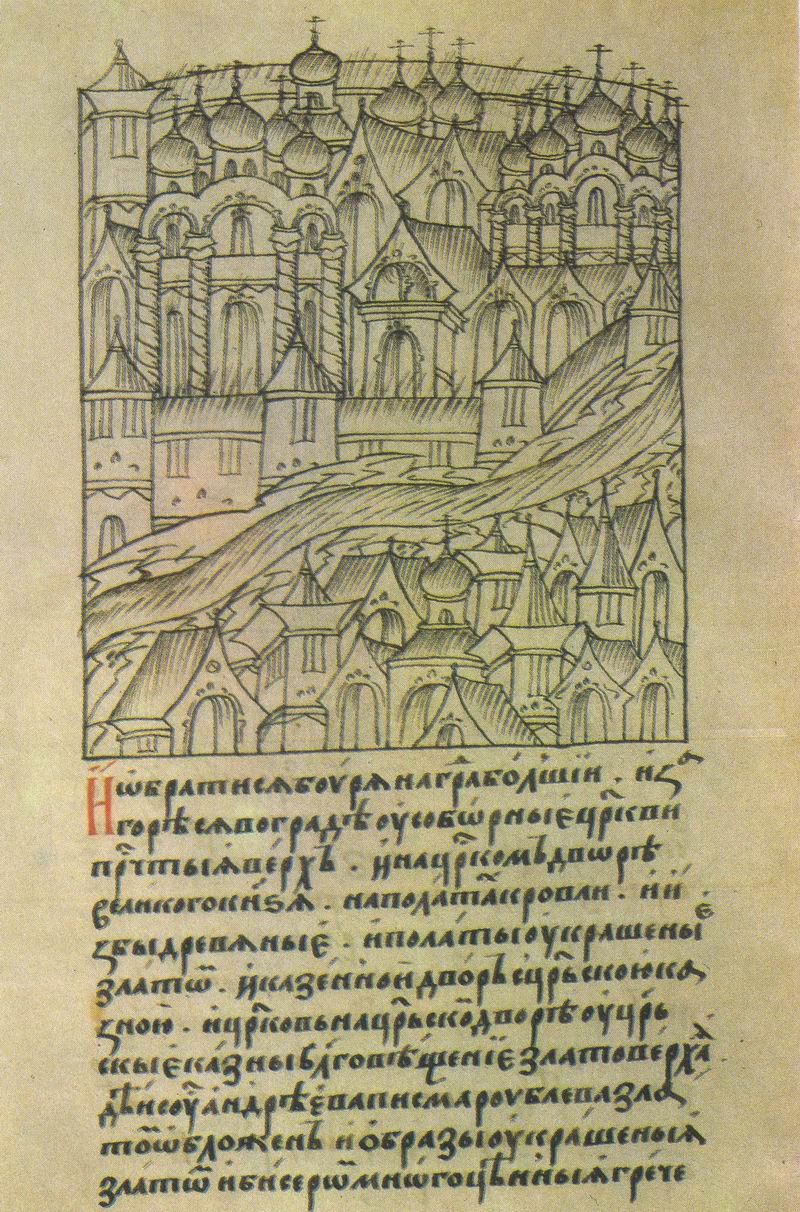Literary Works Russian Is
Literary Theory “Literary theory” is the body of ideas and methods we use in the practical reading of literature. By literary theory we refer not to the meaning of a work of literature but to the theories that reveal what literature can mean.
Fyodor Dostoyevsky: Fyodor Dostoyevsky, Russian novelist and short-story writer whose psychological penetration into the darkest recesses of the human heart, together with his unsurpassed moments of illumination, …


The following literary works, references or authors have been mentioned or shown in the series to date. Please see their main articles for details; this page is primarily for listing.
Literary Criticism The ipl2 Literary Criticism Collection contains critical and biographical websites about authors and their works that can be browsed by author, by title, or by nationality and literary period.

ALSCW encourages the reading, writing, criticism, scholarship, and discussions among those committed to the reading and study of literary works.


Literary realism is part of the realist art movement beginning with mid nineteenth-century French literature (), and Russian literature (Alexander Pushkin) and extending to the late nineteenth and early twentieth century.

This is a list of literary works (including novels, plays, series, collections of poems or short stories, and essays and other forms of literary non-fiction) sorted by the number of languages they have been translated into.
This webpage is for Dr. Wheeler’s literature students, and it offers introductory survey information concerning the literature of classical China, classical Rome, classical Greece, the Bible as Literature, medieval literature, Renaissance literature, and genre studies.

Dec 25, 2016 · Over the years, we’ve featured a large number of literary works that have been wonderfully re-imagined by animators. Rather than leaving these works buried in the archives, we’re bringing them back and putting them all on display. And what better place to start than with a foundational text — Plato

Marxism. A sociological approach to literature that viewed works of literature or art as the products of historical forces that can be analyzed by looking at the material conditions in which they were formed.


